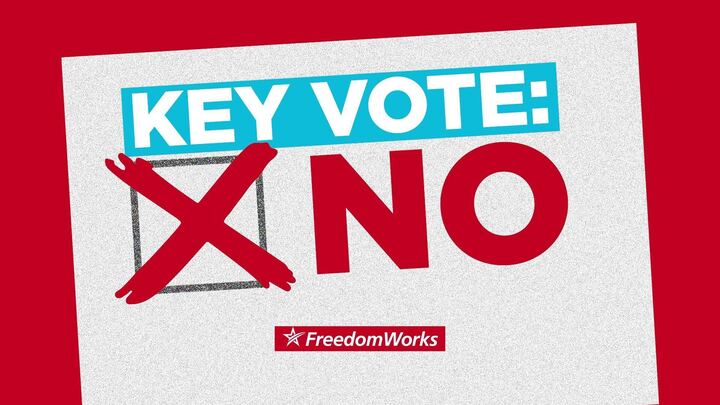Freedom of (some) Information (for those who can afford it)
On June 2nd, the House of Representatives Committee on oversight and Government Reform began a hearing on the Freedom of Information Act (FOIA). The hearing spanned two days and was aided by three panels of witnesses. In effort to ensure transparency, the congressmen assessed how government agencies currently view FOIA and deal with requests for information. My takeaway? FOIA is a joke and government agencies are the worst.
Thankfully, it seemed as if everybody in the room agreed. Chairman Chaffetz opened the hearing with an impassioned speech, showing his investment in fixing the broken way government agencies repeatedly ignore and deny requests for information in complete disregard for the law. Chaffetz noted that there is a 20 day required response period, yet most requests never yield responses unless lawsuits are filed. Furthermore, when requests are denied, it is usually without a valid (or legal) exemption, and often times no justification is given at all. Chaffetz bravely questioned, “If they are hiding this, what else are they hiding?”
Concern that people are forced to sue in order to ever see the information they request was a common theme throughout the hearing. Investigative reporter Sharyl Attkisson pointed out that it takes a lot of time and money for citizens and small companies to take cases to court; however, government agencies would rather go to court and pay the fines using American tax dollars than release the information upon request. Yes, our government is using our own money to keep information from us which is rightfully ours. This sets up a system of divide in our country (based on education level, socio-economic class, and access to resources) under which average citizens do not, in reality, have access to information.
Because citizens do not have the means necessary to force information out of government agencies, the responsibility falls to news organizations. David McCraw recounted for the committee how he filed eight lawsuits on behalf of the New York Times last year, simply to encourage the agencies to hurry the FOIA requests along. Investigative reporter Jason Leopold added that many government agencies in fact make a policy of ignoring FOIA requests until suits are filed. He attested that the FBI marks everything as exempt (under the 7A exemption that says information that could harm an investigation will not be released) and doesn’t evaluate if it should be until forced to in court.
Even when government agencies eventually comply with FOIA, there are some major problems. Attkisson, who called FOIA a “pointless, useless shadow of its former self,” told the room that one request she filed was answered 10 years later. Of course, information becomes less news-worthy over time. Today, when people get most of their news online instantly, even the 20 day required response period is a long time to wait. But 10 years? That’s simply ridiculous. Similarly, Leopold (who has filed thousands of FOIA requests during his career) shared that one agency agreed to give him the documents he requested, but only on the condition that he promised to never file a FOIA request again. That sounds pretty illegal.
Furthermore, often times when agencies “comply” with requests, huge chunks of information have been redacted, or withheld from the released files. Agencies often cite exemption 5, claiming that the information is part of a deliberative process. Exemption 5 is highly abused, and even applied to historic files which are clearly no longer part of any deliberative process.
Leopold announced that he was once sent 150 pages of completely redacted information in response to his FOIA request, as if the agency was laughing at him. Attkisson said that she too had been sent completely redacted documents, and held up examples for the room to see. The marked-out pages elicited commotion from the representatives and gawking crowd that was somewhere between amused and scared.
So, why is this happening? While budget cuts and increased FOIA requests could be partially to blame, the consensus in the room was that the delays and lack of transparency are the deliberate design of government agencies which are over-politicized and wary of the press and the public.
Multiple witnesses agreed that government agencies are more concerned with protecting themselves than with following the law and allowing the public to know what its government is doing. Agencies try to keep secret any information which could be embarrassing, as if protecting politicians and government workers is a valid exemption like protecting national security. Furthermore, Leopold explained that people responsible for processing FOIA requests are more scared of getting in trouble for releasing information that their superiors don’t want released than they are of illegally withholding information. This makes sense because there are no consequences for delayed, illegally redacted, and ignored requests. That needs to change.
A culture of government secrecy and fear of the public is poisonous to a free society; we can’t prevent the government from infringing on our liberties if we don’t know it is happening. Let’s hope that congress can make some meaningful change in how FOIA requests are handled, and government agencies are held accountable.



